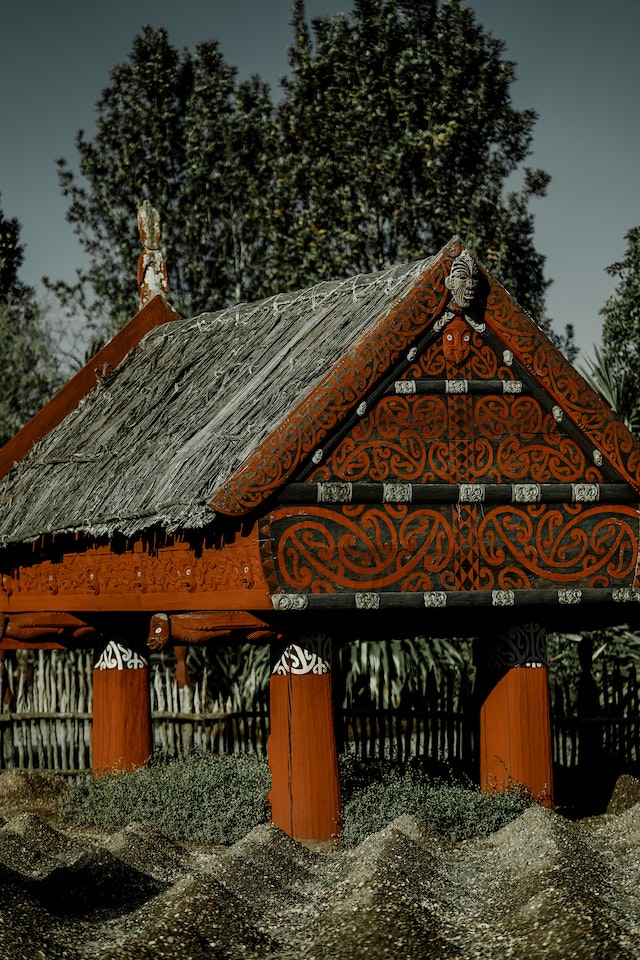
Matariki, also known as the Maori New Year, holds a significant place in Maori culture. It is a time of reflection, celebration, and connection with ancestors and the natural world. This celestial event occurs when the Pleiades star cluster, also referred to as the Seven Sisters, rises above the horizon in New Zealand skies. Matariki is observed with various cultural traditions and celebrations that have been passed down through generations, making it an integral part of Maori identity and heritage.
What is Matariki and why is it important in Maori culture?
Matariki is a cluster of stars known as the Pleiades, which appears in the sky during the winter months in the Southern Hemisphere. In Maori culture, the rise of Matariki marks the beginning of the New Year and is seen as a time of renewal, reflection, and remembrance. The word “Matariki” itself means “tiny eyes” or “eyes of God,” reflecting the belief that the stars are the eyes of the ancestors watching over the people.
The importance of Matariki in Maori culture lies in its connection to the land, the environment, and the ancestors. It is a time to pay homage to those who have passed away and to seek their guidance for the year ahead. The rising of Matariki is also a reminder of the changing seasons, prompting communities to prepare for the colder months and to celebrate the harvest of the previous year.
The cultural traditions and celebrations of Matariki
Matariki is a time for communities to come together and partake in various cultural traditions and celebrations. One of the key activities during this period is the practice of whakatau mai, or welcoming ceremony, where the community gathers to acknowledge the presence of Matariki and to honor their ancestors. This ceremony often involves speeches, songs, and dances that express gratitude and seek blessings for the upcoming year.
Another significant tradition during Matariki is the sharing of kai, or food, with loved ones and the wider community. This act of gathering and sharing is symbolic of unity and strengthens the sense of community spirit. Traditional Maori foods such as kumara (sweet potato), puha (sow thistle), and rewena (Maori bread) are often prepared and enjoyed during this time.
Furthermore, Matariki is a time for storytelling and passing down ancient knowledge and wisdom. Oral traditions are shared through waiata (songs), haka (ceremonial dance), and korero (narratives). These stories not only entertain but also educate younger generations about ancestral history, cultural values, and the importance of the natural environment.
Matariki holds immense cultural significance in Maori society. It is a time for reflection, celebration, and connection to the land, ancestors, and the wider community. The traditions and celebrations associated with Matariki help preserve Maori identity and heritage, creating a sense of belonging and unity among the people. As the Maori New Year continues to be observed and passed down through generations, it serves as a reminder of the rich cultural heritage of the Maori people and the enduring connection between humans and the natural world.
